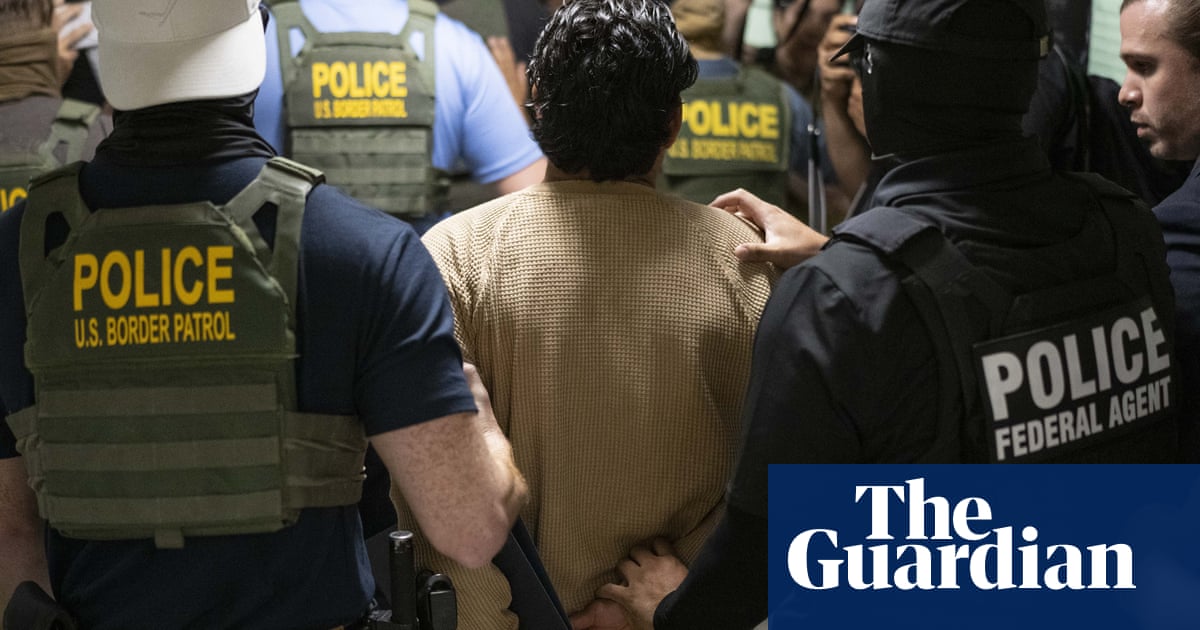RALEIGH, N.C. (AP) — North Carolina election officials on Thursday launched an online database of voter registration records for 103,000 people who need to add their driver’s license numbers or partial Social Security numbers to the state's records, a move critics worry could disenfranchise some voters.
The State Board of Elections began the process in an effort to resolve a lawsuit by President Donald Trump’s Justice Department and — conservatives say — to help safeguard elections in the ninth-largest state.
Nearly all of the people whose names are included in the online database have registered to vote since 2004, but didn't include the numerical identifiers. That's partially because for many years the state's registration form didn't make clear that both state law and the federal Help America Vote Act required registrants to provide the ID information if they had it.
The absence of numerical IDs has muddled election administration and voter eligibility in North Carolina for over a year, and played a prominent part in a very close 2024 judicial race.
The state has more than 7.5 million registered voters and is considered a perpetual battleground. Most recently, Donald Trump defeated Democratic presidential nominee Kamala Harris by about 3 percentage points in the 2024 election.
Sam Hayes, the newly installed executive director of the state election's board, said he’s discussed the “Registration Repair Project” with Justice Department attorneys and is hopeful it will settle the litigation. While U.S. attorneys haven't offered evidence of voter fraud related to the absent numerical IDs, they contend accurate registration rolls help ensure fair and reliable election results.
People included in the newly launched online database can provide an ID number through the Division of Motor Vehicles website or by visiting their county election board offices. Registrants who haven’t provided the ID information by early next month will get letters and postage-paid return envelopes allowing them to complete the process.
Hayes said those who don't will have to vote provisionally the next time they cast a ballot — meaning their ballots may not count in some state and local races without correct ID information. Municipal elections in North Carolina are held starting in September.
A former iteration of the State Board of Elections — led by a Democratic majority instead of the current Republican one — acknowledged the missing ID numbers in late 2023 and updated the voter registration form. The board declined to take further steps to collect the information, pointing out in part that the state's photo ID mandate for voters would affirm their identity.
Lawsuits followed, first by state and national Republicans last summer who claimed voter rolls contained ineligible voters. Then the Justice Department sued in May, a few weeks after the new GOP-controlled board took office.
“We’re going to fix this problem,” Hayes said. “We must put this issue behind us so we can focus our attention squarely on preparations for accurate and secure municipal elections this fall.”
Several advocacy groups and individuals have raised concerns that the DOJ litigation will result in eligible voters being removed from the rolls. The Democratic National Committee threatened last week to sue the state board this fall, saying its plan violates the National Voter Registration Act.
“The DNC applauds efforts to add identification numbers missing from the North Carolina voter file. But those efforts should not disenfranchise eligible voters,” DNC Litigation Director Dan Freeman said Thursday.
But Hayes told reporters the project won't remove any eligible voter from the rolls.
"Instead, it will result in more complete voter rolls and full compliance with state and federal law,” he said.
In addition to the 103,000 voters included in the online database of those with missing ID numbers, almost 100,000 more whose records lack the identifiers will be contacted later, election officials said Thursday. Those voters will be allowed to continue casting regular ballots because there’s evidence, for example, that they supplied a number or an alternate ID allowed under the Help America Vote Act, said Paul Cox, a board attorney.

 German (DE)
German (DE)  English (US)
English (US)  Spanish (ES)
Spanish (ES)  French (FR)
French (FR)  Hindi (IN)
Hindi (IN)  Italian (IT)
Italian (IT)  Russian (RU)
Russian (RU) 























Comments